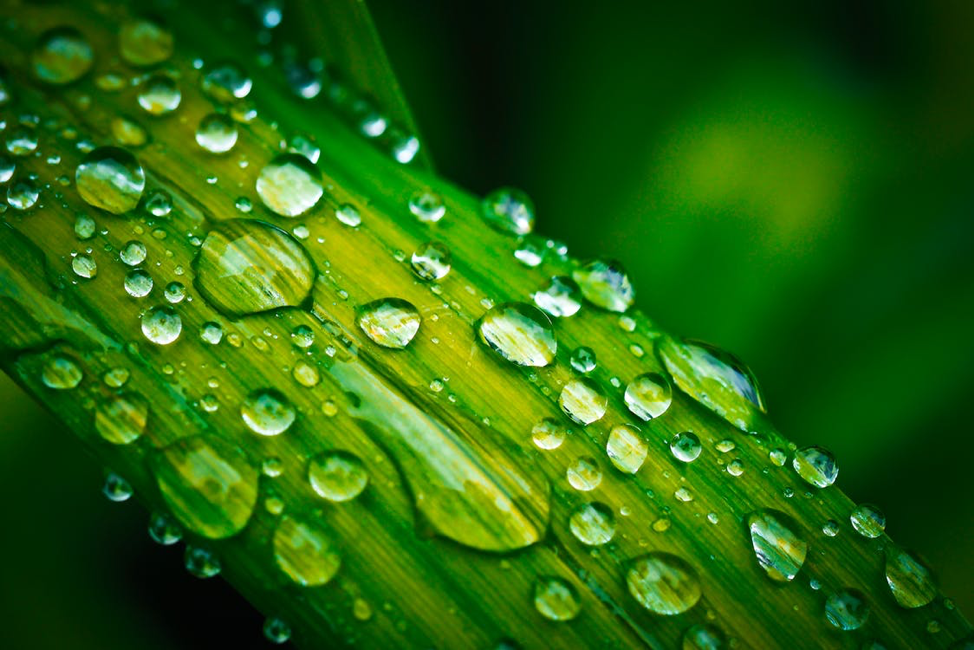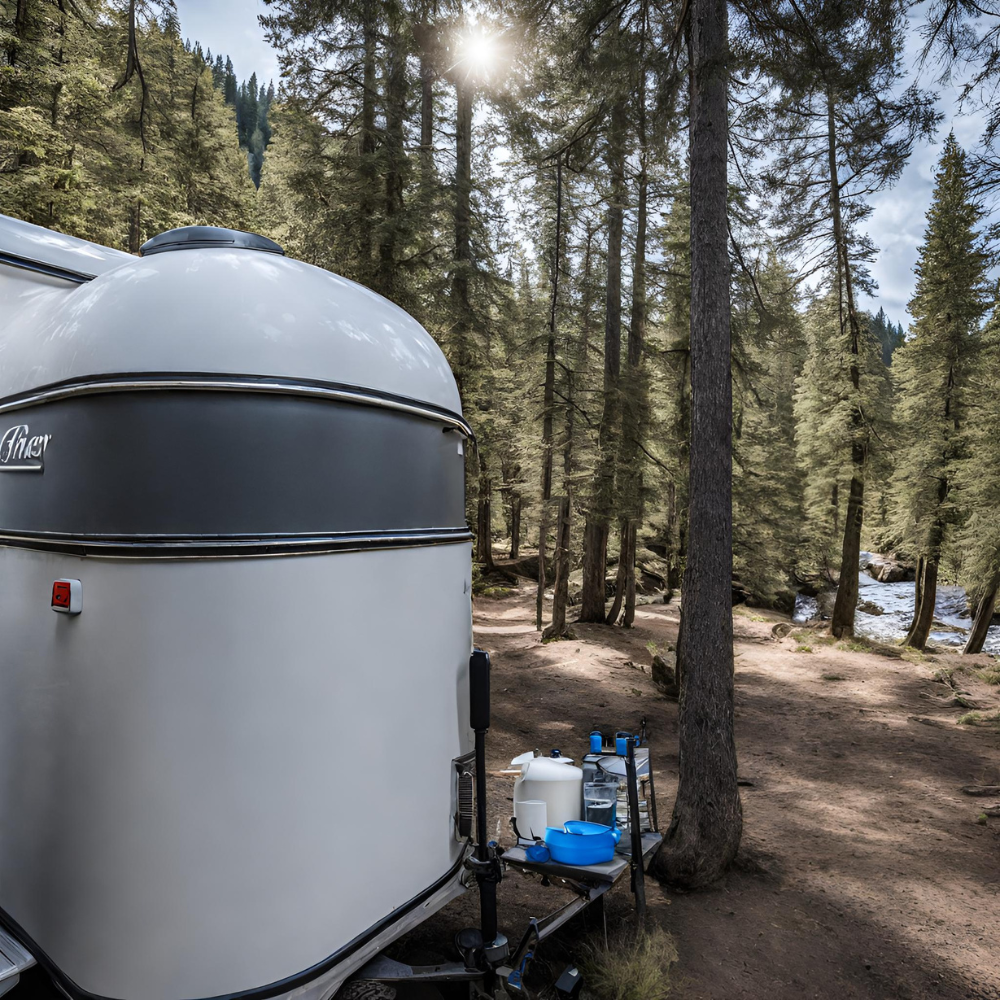Research studies show that water covers 75 percent of the earth’s surface. However, only one percent of it is readily available as freshwater that is safe for consumption. Human activities such as fossil fuel extraction, agriculture, real estate development, and poor trash and sewage disposal have made it harder for many to access this limited resource.
However, with the right mindset and investment, transformations can be made. As you are going to see, there are a lot of things that you can do to make freshwater easily available throughout the world. Hundreds of scientists and researchers around the world are working day and night to figure out how aquatic ecosystems operate, monitoring the quality of water, ways to protect water resources, and creating new technologies that will promote sustainability in the 21st century.
Global scale
As bestessays.com reports, the current supply of fresh water in the world has been the same water that has existed for thousands of years on the planet. It is recycled and reused continuously in a complex process known as the hydrologic cycle. The hydrologic cycle includes processes such as evaporation, condensation, and precipitation. Globally, climate change has had measurable effects on the hydrologic cycle. And this has resulted in rising tides, precipitation, and a decline in the quality of water.
The Department of Atmospheric and Environmental Sciences of the University of Albany offers several sophisticated programs in environmental and atmospheric sciences in the US. The campus hosts the Atmospheric Sciences Research Center, a resource that most researchers use to study the atmosphere’s physical and chemical processes and water and land systems. Climate scientists in these facilities conduct extensive research to understand the regional and global climate system and assess the effects of climate change caused by nature and human activities.
For instance, Mathias Vuille from Albany explores the impacts of climate change in South America and on the resources. Recently, he received a grant of $5 million from the National Science Foundation to study climate change over the last one thousand years in the US. Gaining a better understanding of how the earth’s climate has changed naturally long before human activities had an impact can be used to reduce the risks linked to climate change in the future.
On the other hand, Dr. Wang is focused on climate change issues that have been linked to human activities. He uses regional and global climate change models to understand the chemical and physical processes that create the greenhouse effect, atmospheric ozone changes, and the effects of the precipitation of aerosol-cloud interaction. And to assess future climate changes in the region.
Dr. Edmund, a scientific professor at Stony Brook University was part of the Intergovernmental Panel on Climate Change which won the Nobel Peace Prize. Up to date, the scientist has been doing the same work by tracking and predicting regional weather events that affect the quality of water significantly. These include storms that bring snow during the winter, cool weather during the summer, and lead to a rise in storm surges on the coast.
Conserving Water
As we said earlier, only one percent of water in the world fresh. For it to become easily accessible to the growing population in different countries around the world, it’s important to conserve it as much as you can.
According to essay writing service, water conservation has become one of the most important global issues today. Every year, government institutions together with the Environmental Protection Agency have initiated campaigns around the world to solve the water conservation puzzle. However, the majority of people don’t seem bothered about losing water.
Some leave their taps open while doing other activities and others shower multiple times during the day. Failing to obey water conservation tips is common among most people. Conserving water is not the only concern we should have. We need to form habits that prevent water wastage. There are several methods of conserving water that you can apply wherever you are and get amazing results.
Have you ever considered why there is so much pollution around us and why it’s leading to global warming? Wastewater can flow out of your house and get clogged to ponds, lakes, and drains which all lead to water pollution as well as greenhouse gas emissions. Conserving water benefits, us immensely by extending the septic system’s life and minimizing soil saturation. This also reduces the number of leaks that lead to pollution. When there is an overload in the Municipal sewer systems, it might lead to polluted water draining back to rivers and lakes.
This is why water conservation is essential. The lower the number of water people use, the lower the amount of pollution. There are different systems that you can use to prevent different types of pollution. Water conservation is important for different situations and uses. Small amounts of water lost every day can lead to the pollution of water and global warming.
Conserving water at home
As human beings, we use a lot of water to sustain our lifestyles. Whether it’s in the bathroom, kitchen, gardens, or lawns, we all use water. Let’s discuss how you can save water at home with simple but effective techniques.
The kitchen
We need a lot of water while in the kitchen to do the dishes, prepare food, and throwing away used water out of the sink. It’s quite difficult to calculate how much water is used in the kitchen since most people spend around two to three hours in the kitchen every day. We do a lot of work in the kitchen. However, conserving water is the most important thing. If you become innovative and careful while using water in the kitchen, you’ll get amazing results. Here are some of the best tips that you can use to conserve water in the kitchen:
- Minimize kitchen sink use: Most sinks require a lot of space. Therefore, to wash utensils, you have may have to use a lot of water. You can conserve water easily in the kitchen by minimizing sink use.
- Rinse utensils: You need to keep the kitchen sink filled with a couple of inches of water without draining. Rinsing different types of equipment and small utensils don’t need a lot of water. This is one of the most effective yet simple ways to conserve water in the kitchen.
- Avoid using the sink garbage disposal: Most people use the force of water to clean their sinks. And this makes the septic tank gets filled with solids which leads to wastage of water at the end of the day. You can save a lot of water by minimizing the use of the sink garbage disposal.
- Check on leaks: In most cases, you’ll find a small leakage where a few drops of water are flowing. Don’t underestimate this. A small drop of water can waste as much as twenty liters in a day.
- Avoid wasting used water: Most of the time, we rinse out small utensils like spoons, knives, and bowls before serving food. Every time we rinse these utensils, we waste water. When washing by hand, the water tends to be clean. Therefore, don’t waste it when it can be used for other important activities.
- Stop the faucet: When cleaning your vegetables, it will take a few minutes to rub and get them thoroughly cleaned. However, leaving the tap on can lead to wastage of water. The use of an aerator will be essential in boosting force. However, you shouldn’t use it for extended periods.
- Use stoppers: If you want to wash a few kitchen utensils, you should consider blocking the sink outlet of the kitchen with a stopper. This will enable you to use water to clean other items.
- Use steam water: Steam not only cleans dishes but also helps in eliminating stains. Therefore, it conserves water and saves effort.
- Don’t waste cooking water: It can be used for different activities. Most people use the cooking water to wash their clothes or clean their house.
- Use the brush: Whenever you can clean the kitchen sink with a brush instead of water. Using a brush to clean the sink will save you a lot of water in the long run.

Reducing wastage in the bathroom
From flushing the toilet to using the shower, we use a lot of water without thinking about it for a second. Research studies show that every person consumes approximately 34 liters of water just by flushing the toilet at regular intervals. Well, using the shower for only five minutes while washing hands frequently may as much as double the amount of water needed.
If you live with several people, the situation may go overboard. Using simple innovations and tricks can reduce wastage of water while using the bathroom. Showering for short periods and avoiding bathtub use can greatly help. Here are several tips that will help you conserve water in the bathroom.
- Don’t use the toilet as a bin: The toilet is much like a shower or tap. Flushing the toilet requires a lot of water. Most people throw away facial tissues and cigarette ashes on the toilet. And this leads to the wastage of fresh water.
- Invest in a toilet flapper: A flapper is used to set the quantity of water that’s needed to flush. Most modern toilets come with automatic flappers to enable you to flush according to your needs. If you don’t have one, you can buy it at Amazon or any local online store.
- Use composite toilets: Composite toilets have several benefits. The main ones are that they cut water use by 70 percent and are degradable. They are among the best things you can use if you want to conserve a lot of water in the long run.
- Install two flush models: Although most modern toilets come with this feature, dual flush modes are immensely beneficial at home. If your toilet doesn’t have this feature, you can invest in it to save lots of water.
- Give your showers a break: One of the best ways to conserve water at home is investing in shower time. A shower as short as four minutes can use as much as forty liters of water. Switching off the shower while applying shampoo or soap can help in conserving gallons of water in the long run.
- Look after your toilet: Since you use the toilet regularly, it is important to look after it regularly. Keeping the toilet clean will prevent it from rusting and possible breakages. And this will save you gallons of water. Clean pipes will also allow more water to come in.
- Turn off the water while brushing your teeth: Most people have formed the habit of standing in front of the mirror while leaving the tap on as they brush their teeth. In such a short period, close to 500 ml of water is lost. By turning off the water while brushing your teeth, you’ll conserve a lot of water.
- Avoid using the bathtub every day: The bathtub needs a lot of water to get poured in. This eventually leads to wastage every time the bathtub is used.
- Install a showerhead: Install a low shower head will help you save gallons of water. A low shower head allows lots of water to fall onto your head directly.
Conserving water in the laundry
How much water does your washing machine consume every time you turn it on? Do you know how much water you’ll need to wash your clothes by hand? We usually think that automatic washing machines will consume the needed amount of water.
However, we tend to forget that the machine drains close to twenty percent of unused water. Skipping washing clothes from time to time can help in saving a lot of water easily. Therefore, it’s important to understand water conservation while doing the laundry. Here are several tips that you can follow:
- Wash full loads: If you use a washing machine, it probably consumes gallons of water. If used regularly, a lot of water will be wasted. Therefore, it’s never a good idea to use the washing machine if it’s not loaded fully. If you’ll be washing partial loads, you should adjust the water levels to improve your results.
- Invest in an efficient machine: Thanks to rapid technological advancements, smart machines have been introduced into the market. These machines have automatic water inlets. Therefore, if you want to conserve water, you should consider investing in a high-efficiency washing machine. They save water by determining the weight of your clothes.
- Skip an extra rinse: If you’ll be washing partial loads, it’s important to skip that extra rinse. Although most laundry machines come with this feature to improve washing results, it is important to use this feature when washing a full load.
- Re-use towels: Using the same towel throughout the day will get it dirtier. You can avoid washing your towel regularly by clipping it on a rope and exposing it to the sun. Washing your towels unnecessarily consumes a lot of water in the long run.
- Regulate your tank’s temperature: High temperatures lead to the formation of steam which consumes loads of water. Controlling your tank’s temperature will save a lot of water in the long run.
- Recycle clothes: If your clothes aren’t dirty or sweaty, you can always repeat them. You don’t have to wash clothes every time you wear them. If you’ve stayed indoors, you can repeat your clothes without having to wash them every day. This will save you a lot of water and energy in the long run.
- Use hand washing: If you have a few clothes to wash, you should consider hand washing them. Hand washing tends to conserve a lot of water in the long run. Ensure that you stop the running tap while applying soap or washing to conserve water.
- Opt for community laundry: Community laundries and dry cleaners wash a lot of clothes together. And this saves water and time for most homes.
Conserving water in the garden
Most people are fond of having a beautiful garden and a big lawn at their home. However, to maintain this beauty, you need to take care of lots of things such as watering the lawn and keeping the plants healthy. However, only a few know the amount of water needed to keep the plants looking healthy and alive. Here are a few tips that will help you conserve water in the garden:
- Use rainwater: One of the best ways to save water is by going for rainwater. Using a tub to collect rainwater will pay off in spades in the long run. You need to store water in large tubs to use to water the plants in your garden.
- Only water when required: You should feel if your lawn needs water using your feet and hands. If the ground is soft, it doesn’t need to be watered. Avoid watering your plants when you don’t have to.
Conclusion
Water threats are affecting millions of people around the world. Government bodies and NGOs are doing their best in spreading awareness and coming up with effective ways to conserve water. By using the practices that we’ve discussed here, you’ll not only be helping yourself but also future generations.
Justin is a teacher from Leicester, England, UK. When not teaching his little students and rooting for Leicester FC, he loves to share his thoughts and opinions about education, writing and blogging with other people on different blogs and forums. Currently, he is working as an editor at bestessays.com and essay writing service.




